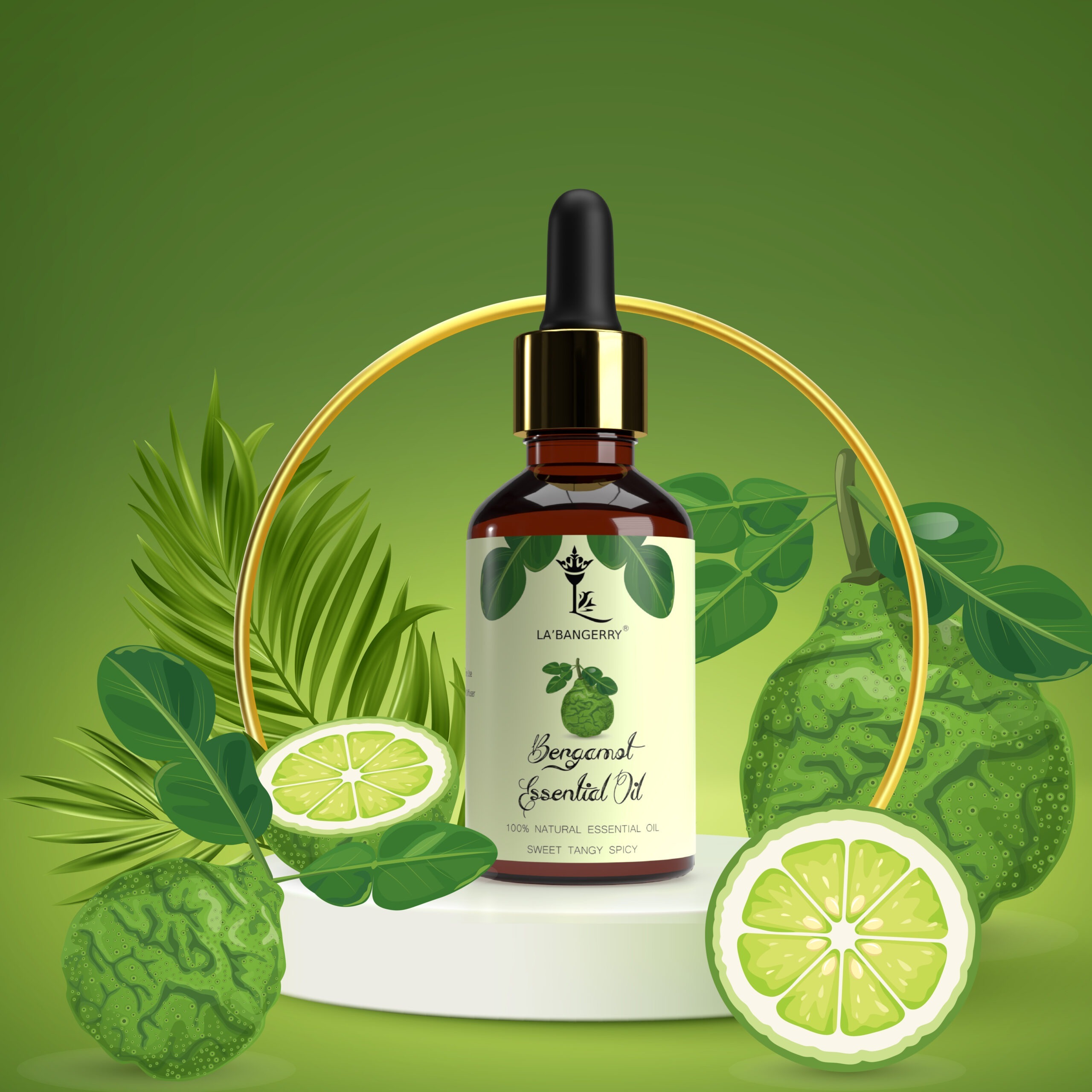
They’re made from parts of certain plants like leaves, seeds, barks, roots, and rinds. Makers use different methods to concentrate them into oils. You may add them to vegetable oils, creams, or bath gels. Or you might smell them, rub them on your skin, or put them in your bath. Some research shows that they can be helpful, if you know how to use them the right way. Always check the label and ask your doctor if you’re not sure if they’re OK for you to use.
“Perfect for active people who want a product that absorbs quickly and easily with all the benefits…”
Cody Fisher – Manchester, Kentucky 39495
Simple smells such as lavender, chamomile, and rosewater may help keep you calm. You can breathe in or rub diluted versions of these oils on your skin. Scientists think they work by sending chemical messages to parts of the brain that affect mood and emotion. Although these scents alone won’t take all your stress away, the aroma may help you relax.
Oils that are fine on your arms and legs may not be safe to put inside your mouth, nose, eyes, or private parts. Lemongrass, peppermint, and cinnamon bark are some examples.
Look for a trusted producer that makes pure oils without anything added. You’re more likely to have an allergic reaction to oils that have other ingredients. Not all extras are bad. Some added vegetable oil may be normal for certain more expensive essential oils.
Just because it’s from a plant doesn’t mean it’s safe to rub on your skin, or breathe, or eat, even if it’s “pure.” Natural substances can be irritating, toxic, or cause allergic reactions. Like anything else you put on your skin, it’s best to test a little bit on a small area and see how your skin responds.
In general, don’t keep them more than 3 years. Older oils are more likely to be spoiled because of exposure to oxygen. They may not work as well and could irritate your skin or cause an allergic reaction. If you see a big change in the way an oil looks, feels, or smells, you should throw it out, because it has probably spoiled.
Cumin oil, which is safe to use in your food, can cause blisters if you put it on your skin. Citrus oils that are safe in your food may be bad for your skin, especially if you go out into the sun. And the opposite is true, too. Eucalyptus or sage oil may soothe you if you rub it on your skin or breathe it in. But swallowing them could can cause a serious complication, like a seizure.
Injured or inflamed skin will absorb more oil and may cause unwanted skin reactions. Undiluted oils, which you shouldn’t use at all, can be downright dangerous on damaged skin.
WhatsApp us